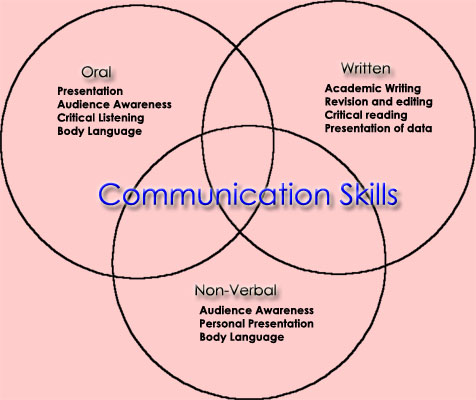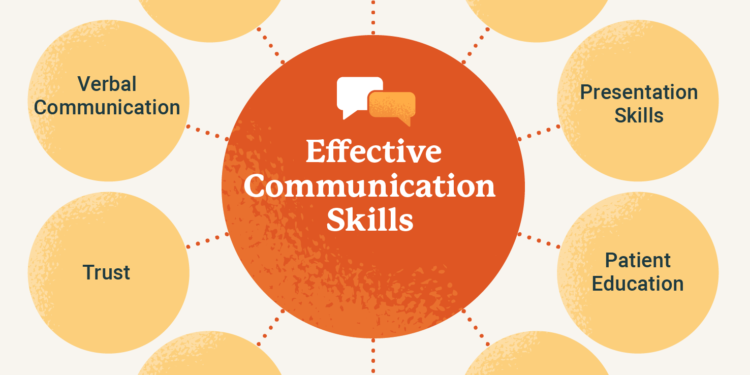Communication is about more than just providing information. It has a vital role in establishing positive therapeutic relationships and in acknowledging the human nature of patients. In this article, we take a look at why good communication skills are quite essential in medical education.

First let’s talk about good communication. Good communication involves recognising the individuality of patients and their will so that holistic care could be provided. It is the most important aspect in a physician’s training apart from the skills. It is critical to exploring and understanding the extraordinary range of cultural expectations that patients and health professionals bring to modern health care. Good communication skills are vital for valid patient consent.
On the other hand, most of the complaints regarding the healthcare providers are somewhere related to poor communication skills. Certain groups, such as the elderly, children, the young, people with learning disabilities and those who do not have the local language as a first language can sometimes struggle to be heard. People from such groups could be provided with a little less information and they can be at a higher risk of having decisions made on their behalf without their full involvement and acknowledgment.

Particular care is thereby required here and it is important that doctors avoid unfounded assumptions about the needs, wants or abilities of people on the basis of categories that are not relevant to the therapeutic methods.
A good communication requires both the exchange of relevant data and the development of beneficial therapeutic relationships. There are a few guidelines issued by the General Medical Council regarding this:
- Listen to patients, ask for and respect their views about their health and respond to their concerns and preferences.
- Respond to patients’ questions honestly and keep them informed about the progress of their care.
- Share with patients, in a way they can understand, the information they want or need to know about their condition, its likely progression, and the treatment options available to them.

Apart from the set guidelines, it should also be kept in mind that the role of the doctor is both to advise patients and to facilitate, as far as possible, their active involvement in decision making. Doctors should therefore be empathetic to patients’ information needs. Also appropriate, information should be provided in a supportive manner that enables patients to protect and promote their health in the longer term.

Ethically it is patient’s right that they should be provided with sufficient information so that they could make decisions on their behalf which would be beneficial to them. This is done to respect patient’s autonomy. If relevant information is not provided, it might look as if the patients are voluntarily surrendering their autonomy. It also raises practical concerns about whether the conditions for consent have been met. This could also raise questions regarding whether the practicing clinician in acting lawfully, or is a subject to litigation later.
Also Read : New learning methods and its impact in transformation of schools:









